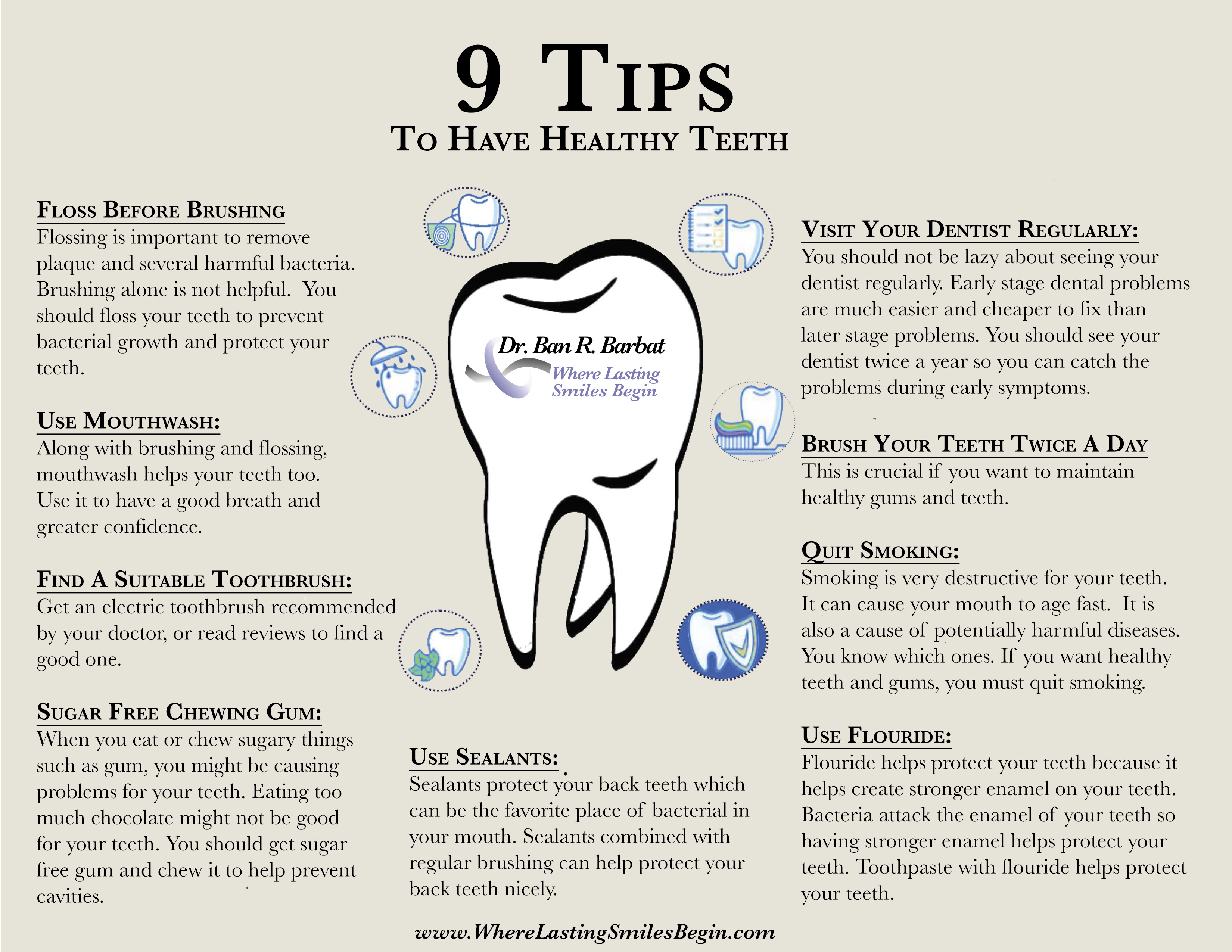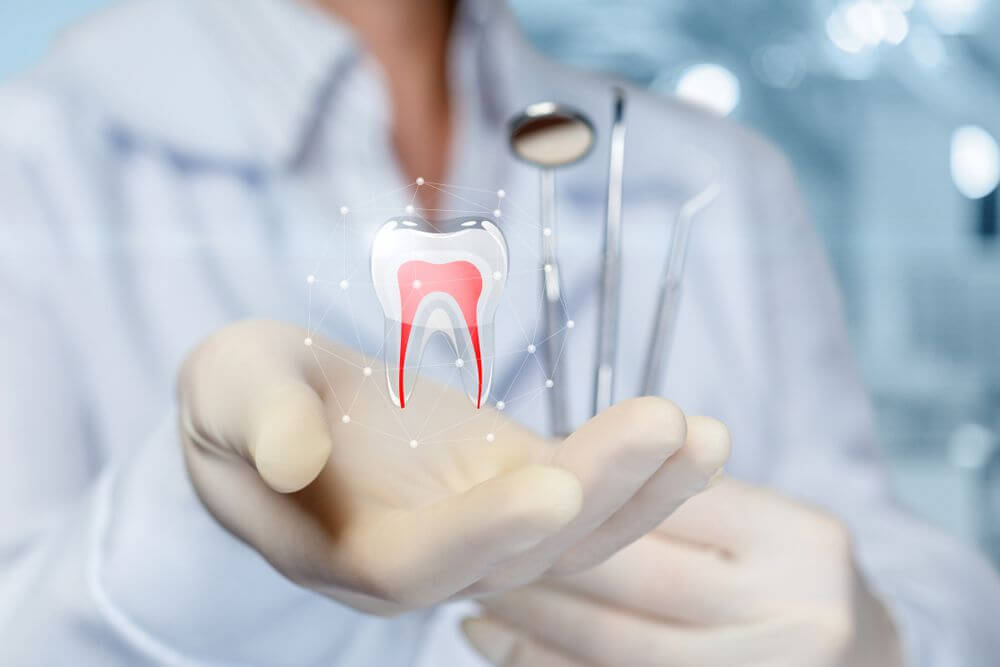
Gum Harmony: Essential Tips for Healthy Gums
Maintaining healthy gums is a vital aspect of overall oral health. This article provides essential tips for achieving and preserving gum health, offering insights into effective oral care practices that contribute to gum harmony.
Understanding the Importance of Gum Health: The Foundation of a Beautiful Smile
Gums play a crucial role in oral health by providing support to teeth and protecting the underlying bone. Healthy gums contribute to a beautiful smile and are essential for overall well-being. Understanding the importance of gum health is the first step towards adopting effective oral care habits.
Daily Brushing and Flossing: Building a Strong Foundation
Consistent oral hygiene practices are the cornerstone of healthy gums. Brushing your teeth twice a day and flossing daily helps remove plaque, bacteria, and food particles that can accumulate along the gumline. This routine is fundamental in preventing gum disease and maintaining optimal oral health.
Choosing the Right Oral Care Products: A Guide to Gum-Friendly Products
Selecting the right oral care products is crucial for gum health. Use a soft-bristled toothbrush and fluoride toothpaste to clean teeth and gums gently. Consider adding an antimicrobial or fluoride mouthwash to your routine for additional protection against bacteria and plaque.
Regular Dental Check-ups: Professional Care for Gum Harmony
Regular dental check-ups are essential for monitoring and maintaining gum health. Professional cleanings help remove plaque and tartar that may be difficult to reach with regular brushing and flossing. Your dentist can also identify early signs of gum disease and provide guidance on preventive measures.
Healthy Diet Choices: Nourishing Gums from Within
Nutrition plays a significant role in gum health. A diet rich in vitamins, minerals, and antioxidants supports gum strength and resilience. Include fruits, vegetables, and foods high in omega-3 fatty acids to promote overall oral health and contribute to gum harmony.
Avoiding Tobacco Products: Protecting Gums from Harmful Substances
Tobacco use is a major risk factor for gum disease. Smoking and chewing tobacco can compromise gum health, leading to issues such as inflammation and increased susceptibility to infections. Quitting tobacco is a crucial step in preserving the well-being of your gums.
Managing Stress: The Impact on Gum Health
Stress can affect oral health, including gum health. Chronic stress may contribute to conditions like gum disease and bruxism (teeth grinding), both of which can harm the gums. Implementing stress management techniques such as meditation or exercise can positively impact gum health.
Hydration: A Simple Yet Powerful Practice for Gum Wellness
Staying hydrated is beneficial for gum health. Water helps flush away food particles, bacteria, and acids that can contribute to gum problems. Additionally, maintaining proper hydration supports overall oral health and helps prevent dry mouth, a condition that can lead to gum issues.
Healthy Gums Tips: Your Comprehensive Guide to Gum Wellness
For more comprehensive insights and expert advice on maintaining healthy gums, explore Healthy Gums Tips. This dedicated platform offers valuable information, articles, and tools to support your journey towards gum harmony and optimal oral health.
In conclusion, achieving and maintaining healthy gums requires a combination of daily oral care practices, regular professional check-ups, and lifestyle choices that support overall well-being. By incorporating these essential tips into your routine and seeking professional guidance, you can contribute to the long-term health and vitality of your gums.



